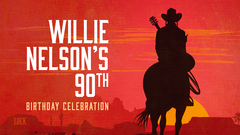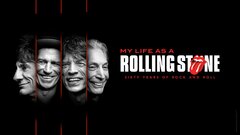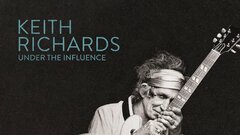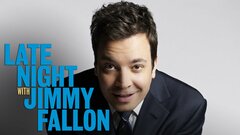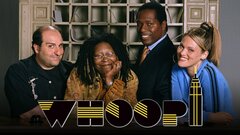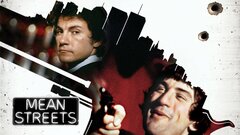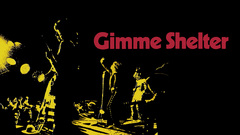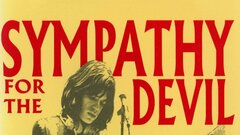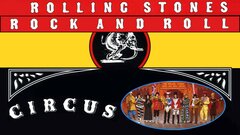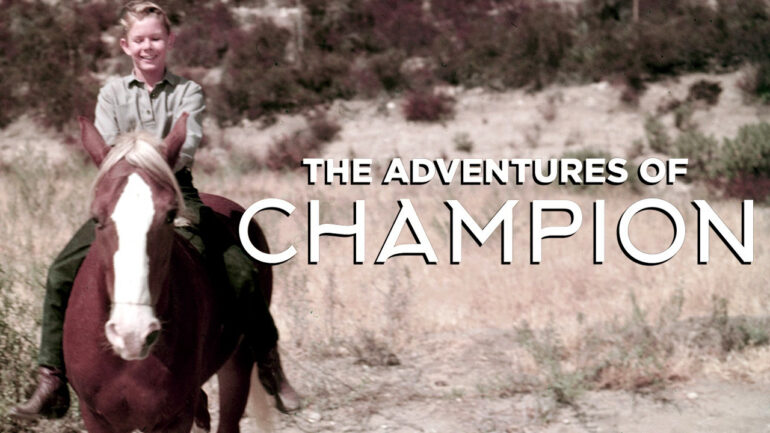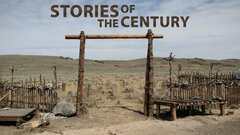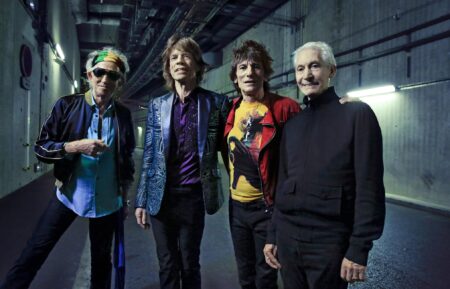One of the most influential and notorious figures in rock 'n' roll history and culture, Keith Richards was the guitarist and founding member of the British rock band the Rolling Stones. With the group's lead singer, Mick Jagger, Richards blended the British Invasion's incessant beat with a love of American blues, country and R&B to write songs that would become classics, including "(I Can't Get No) Satisfaction," "Jumpin' Jack Flash," "Sympathy for the Devil," "You Can't Always Get What You Want," "Start Me Up," and dozens of others during the band's 50-plus-year history. Offstage, Richards' swaggering presence and offbeat style, as well as his seemingly indestructible nature in the face of rampant drug and alcohol abuse, made him a target of anti-rock crusaders and comics, as well as a portrait of effortless cool for countless aspiring musicians and fans.
Born Dec. 18, 1943, in Dartford, Kent, England, Richards came from a musical family: his maternal grandfather, Augustus Theodore Dupree, was a jazz player, and Richards' mother, Doris Dupree, passed along her love of American jazz and blues singers to her son. He met Jagger in 1951 while both were attending primary school, but the pair would be separated shortly thereafter, not meeting again for almost a decade.
During that time, Richards' love for music began to dominate his interests; he sang in a choir that performed for Queen Elizabeth II, and got a head start on guitar with the help of his grandfather. His teenage years brought on a healthy dose of rebellious attitude, which earned him an expulsion from school, and he was sent to Sidcup Art School in the hopes that his energy could be channeled into creative outlets. While there, he met fellow future rock star Dick Taylor of the Pretty Things, who was in a band with Jagger. The duo became fast friends again, and Richards joined the outfit, which soon became the original line-up of the Rolling Stones. Added to the mix was jazz-influenced drummer Charlie Watts, blues fanatic Bill Wyman, talented pianist Ian Stewart, and Richards' mysterious flatmate, Brian Jones.
Initially, the Stones were a cover band, playing revved-up versions of American blues songs by Muddy Waters, Little Walter, and Howlin' Wolf, but Jagger and Richards were fans of early rock & roll artists like Buddy Holly, Bo Diddley, and especially Chuck Berry, whose fluid, jazzy style would be a huge influence on Richards throughout his career. After catching a show in London, the Beatles encouraged Decca Records to sign the Stones, with Andrew Loog Oldham was brought on board to manage the group and craft them into a pop act. Among his first decisions were firing the portly Stewart for being less than photogenic (he became the band's road manager until his death in 1983), and having Richards drop the "s" from his name to emulate chart-topping pop singer Cliff Richard.
Under Oldham's influence, Richards and the Stones began touring with American acts like Ike and Tina Turner, the Ronettes, and Little Richard, who influenced the fledgling band; Richards and Jagger also began writing their own material, which resulted in several No. 1 songs, including "The Last Time," "Satisfaction," and numerous others. By the mid-'60s, Richards and the Stones had melded into a tough, streetwise alternative to the Beatles, thanks to Jagger's aggressively sexual stage persona and Richards' stinging, blues-based guitar.
In 1967, Jagger and Richards were arrested on drug charges at Richards' estate. Richards was convicted and sentenced to a year in prison, but global public outcry - with help from the very influential Beatles - led to the charges being reversed. The turmoil in Richards' life was not restricted to the public scene; he had recently become involved with model/actress/scenester Anita Pallenberg, who was the girlfriend of the increasingly drug-addled Jones. With her, Richards fathered two children, Marlon and Angela, in 1968 and 1972 respectively. The couple would remain together for the next 12 years (though they would never marry), and would have one more child, a son named Tara, who would tragically die of Sudden Infant Death Syndrome in 1976.
The accidental death of Jones in 1969 stripped away the last vestiges of pop sheen from the Stones, who delved wholly into their outlaw image, both on record and in their private lives. Musically, the band seemed unstoppable, with record after record generating critical laurels and hit songs. Albums like Beggars Banquet, Sticky Fingers, and Exile on Main Street saw the group experimenting with American country and soul styles, and Jagger and Richards' compositions were deeper and most substantial in their understanding of the outsider mindset and the current social scene. Offstage, however, Richards was sinking into a serious heroin addiction, one that would place him in serious legal jeopardy on several occasions and affect the band's ability to generate income by recording and playing live.
His drug problems also curtailed an early attempt at a solo album, from which only the holiday single (and Chuck Berry cover) "Run, Run Rudolph" saw the light of day.
In 1977, Richards was arrested for possession of heroin in Toronto and charged with importing narcotics into the country, which carried a minimum sentence of seven years. The seriousness of the charge led Richards to seek treatment for his addiction, which he eventually beat. (Rumors of his needing a complete blood transfusion were untrue and simply part of the growing list of urban myths surrounding Richards' astonishing drug appetite.)
In 1979, Richards cleared his name with the Canadian courts by playing two benefit concerts there, both with the Rolling Stones and with The New Barbarians, a side project with Stones guitarist Ronnie Wood. With Richards' return to health came a renewed vigor for the Rolling Stones as well. Their 1978 offering Some Girls yielded the group's first No. 1 song in several years, "Miss You."
In 1979, Richards met model Patti Hansen, whom he married in 1983. They had two daughters, Theodora and Alexandra, both of whom followed in their mother's footsteps as models. By the mid-80s, however, long-simmering tensions between Jagger and Richards over the direction of the Rolling Stones lead to a very public feud. Jagger refused to tour behind the band's 1986 album, Dirty Work, so he could work on his solo debut.
Richards retreated to the studio, where he focused his anger into his own solo record, Talk is Cheap, which was released in 1988. A tough and brawny album full of classic Stones grooves and sharp songwriting - much of which consisted of none-too-veiled shots at Jagger - Richards scored a substantial hit and toured behind the CD for the next three years. Richards also paid tribute to his longtime hero Chuck Berry by fronting an all-star house band and producing a live concert for the venerable rock legend. Slowly but surely, public opinion began to sway towards Richards as the true heart of the Rolling Stones as well as a champion for roots-based rock.
Perhaps sensing this changing of the guard, Jagger returned to the fold in 1989 for Steel Wheels. Though not a particularly notable album in the group's history, it did signal the return of the band as a formidable touring act. Indeed, the group would consistently draw top dollar for the next two decades from its live performances, while its recorded output was hit-and-miss at best. Regardless of public opinion and declining chart hits, the band was now an institution, which was solidified in 1989 with their induction into the Rock & Roll Hall of Fame. By the 1990s, Richards was fully entrenched in the business of co-piloting the Rolling Stones.
He released a second solo album, Main Offender, in 1992, but it did less business than its predecessor. He was a frequent guest on numerous albums by other artists, ranging from Toots and the Maytals to Tom Waits, but the core of his day-to-day remained with the Stones. The band continued to tour and release CDs, though Richards occasionally flirted with the notion of returning to his solo career in interviews.
In 2006, Richards once again defied death by recovering from a head injury in Fiji - accounts of the incident varied from Richards falling out of a coconut tree to his driving a Skee-Doo into a tree - and subsequent brain surgery.
The following year, he raised eyebrows by allegedly suggesting that he had snorted his father's cremated remains (he passed off the statement as a joke in subsequent interviews). And in the same year, he made his acting debut in "Pirates of the Caribbean: At World's End" (2007) as the pirate father of Johnny Depp's Captain Jack Sparrow. Depp had publicly and famously acknowledged that he had based his beloved character on Richards' unsteady, drawling speech and manner, so the casting was nothing short of a coup.
Richards repeated the role in the third film in the franchise, "Pirates of the Caribbean: On Stranger Tides" (2011). His 2010 autobiography Life was both well-reviewed and a best seller. In 2012, the Rolling Stones celebrated fifty years as a band with a singles compilation that featured the new song "Doom and Gloom," widely hailed as their strongest new song in over two decades.
